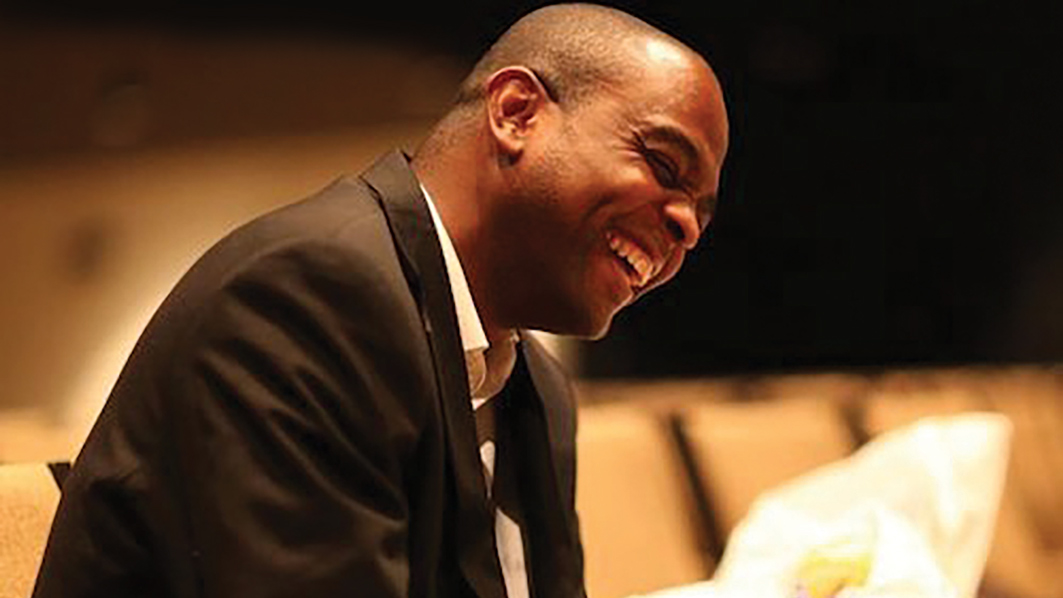Whatever the source of our nation’s current problem with racism—be it a spiritual issue, the government, human nature, the media, or a mixture of all four—this year’s headlines about police shooting black men and the retaliatory targeting of police officers in several cities suggests we have a long way to go to reach a place of harmony.
In the wake of all that violence, a new civil-rights movement, Black Lives Matter, has emerged. But, says Center for Neighborhood Enterprise Founder Bob Woodson, it’s nothing like the version he was personally involved in 50 years ago.
“The civil-rights movement,” he says succinctly, “has devolved into a race-grievance industry.”
What’s the difference? Dr. Martin Luther King’s movement was based on biblical values, explains Will Ford, director of marketplace leadership at the Christ for the Nations Institute in Dallas. That made it effective.
And that means the Church has a critical role to play in bringing reconciliation.
Air Force
“The culture is very, very sick, and it’s looking for a healer,” says Ford. “Honestly, this is the church’s finest hour, if we respond rightly. We need to listen and hear where people are coming from. The Church needs to not be so knee-jerk when they hear different things coming from folks, and we need to be a part of healing this issue by being a voice and not an echo.
“I don’t think there’s a boilerplate we can use from city to city, but there are subtle nuances in every city we need to respond to—and even some things in the past that we need to address now.”
For instance, take the 1943 race riot in Beaumont, Texas: When a case against a black man falsely accused of raping a white woman was dismissed, a mob of angry white men burned down houses in the black part of town and shot an innocent man on his way home from work. In response, three black men killed a random white man in cold blood.
This July, when a black man ambushed and killed five white policemen in Dallas, two Beaumont churches—a predominantly black Southern Baptist group and a mostly white Assemblies of God congregation—decided to solve the problem spiritually.
“They washed each other’s hands and repented to one another,” Ford recalls. “Then they got soil from the ground where the riot broke out, poured oil over it and prayed for the healing of the land there. The churches are now talking about doing other things together, and really moving forward.”
Ground Game
Woodson agrees each city will need to find its own unique solution to the issue. That’s why he started 3C: Cops, Community and Country. The grassroots movement currently has about 2,500 leaders from low-income neighborhoods in 39 states working to build healthy relationships with the police.
“We have some powerful leaders at the local level who are ex-gang members, ex-drug dealers, ex-prostitutes, through God’s grace,” he explains. “They have a lot of authority on the street, but they go unrecognized and under-resourced. Now, we are raising them up so their voices can be heard.
“We must equip and enlighten low-income leaders who have influence over those young people,” he adds. “When people who have been to jail for 10 years say, ‘The police were not my problem, I was my problem,’ it changes the whole narrative.”
At its deepest level, Ford says, the Church must be open to hearing concerns from people who have different things to say, and responding to them in love rather than reacting out of emotion.
And it starts by modeling that love within the Body.
When that happens, “I think we’re going to see lost people so blown away by the unity and the love in the Church that they’re going to say, ‘What must I do to receive that kind of love?’ ” he says. “The world doesn’t have the level of understanding that we do—of what it is to be united by the blood of Christ, and have the same spirit inside of us.”
For More Information:
To learn more about the Center for Neighborhood Enterprise, visit cneonline.org; for more about the Christ for the Nations Institute, visit cfni.org. Further excerpts from Citizen’s interview with Will Ford are available on our Web site at citizenmagazine.com.
Originally published in the November 2016 issue of Citizen magazine.






